Treating Chronic Pain: Proven Behavioral Tools – MARTHA TEATER (Digital Semina)
Description:
Do you have clients who describe their chronic pain like, “My back is KILLING me” or, “I just want my life back”? They want a life that isn’t controlled by pain…before it limited their activity, interfered with their sleep, and prompted the use – possibly overuse – of medications. Living with pain and leaning on pain medication to treat it has become a devastating public health crisis that is ruining individual’s lives, tearing up families, and ripping through communities, yet most of us are ill-prepared to address this with skill and expertise. We must arm ourselves with the tools needed to offer our clients evidence-based interventions that will help them live healthy and productive lives.
Watch this cutting-edge recording featuring Martha Teater, MA, LMFT, LCAS, LPC, and finally get the answers you need to understand pain. Discover a 10-session treatment plan with step-by-step instructions you can use tomorrow. You will leave with the skills and confidence you need to provide practical and life changing help to move people out of chronic pain and into active, healthy, and meaningful lives.
Outline:
Finally! Your Top 6 Questions Answered
Question 1: What is Pain?
- Defining pain: Acute vs. chronic
Question 2: What’s the Brain’s Role in Chronic Pain?
- Central sensitization
- How the brain’s pain processing contributes to pain
Question 3: How do Emotions Influence Pain?
- Chronic pain onset
- Physical
- Emotional
- Chronic pain cycle
- Psychological
- Physical
- Emotions and pain
- Often more problematic than physical aspect
- Anxiety, fear, catastrophizing
- Why mindset matters for pain relief
- Suffering
- Determined by the emotional aspect of pain
- Suicidality and chronic pain
- Marijuana and pain
Question 4: How does Trauma Contribute to Chronic Pain?
- ACE (Adverse Childhood Experiences) Study and pain
Question 5: How are Special Populations Impacted?
- Veterans
- Children
- Low income population
- Racial and ethnic considerations
- Elderly
Question 6: What is the Role of Opioids in Pain Treatment?
- Scope of the problem
- The “painful” myth
- Medication-assisted recovery
- Risks vs. benefits
10-Session Treatment Model
Session 1: Assessment
- Goals of 1st session
- Diagnostic options
- 5 “E’s” of pain interview
- Self-report measures
- Central Sensitization Inventory
- Pain Catastrophizing Scale
- PHQ-9
- Collaboration with medical team
- Motivational interviewing techniques
- Best questions to ask during treatment
Session 2: Goal Setting
- How to develop appropriate goals
- SMART goals
Session 3 & 4: CBT Tools
- ABC worksheet
- Thought distortions
- De-catastrophizing
- Automatic negative thoughts
Sessions 5 & 6: Mindfulness Interventions
- Breathing
- Guided imagery
- Personal visualization
- Yoga
- Progressive muscle relaxation
- Meditation
- Body scan
- Grounding
Session 7: Increasing Activity Level & Time-based Pacing
- Helping clients learn that movement won’t be damaging
- Increasing ability to accomplish tasks without triggering pain
Session 8: Pleasant Activity Scheduling
- Encouraging clients to infuse pleasure and joy into their daily life
Session 9: Sleep Hygiene
- Help clients develop healthy sleep patterns for improved quality of life
Session 10: Relaxation and Stress Management
- Similarities of stress response and pain response
- Development of stress response tools
- Building a relaxation plan for all areas of life
Additional Treatment Options
- Limitations of the research and associated risks
- Resources
NLP online course
So what is NLP?
Firstly, NLP stands for Neuro-Linguistic Programming. Secondly neuro refers to your neurology;
Thirdly linguistic refers to language however, programming refers to how that neural language functions.
As a result,In other words, learning NLP is like learning the language of your own mind!
Moreover, NLP is the study of excellent communication–both with yourself, and with others.
It was developed by modeling excellent communicators and therapists who got results with their clients.
NLP is a set of tools and techniques, but it is so much more than that.
In conclusion, It is an attitude and a methodology of knowing how to achieve your goals and get results.
Preview Information:
Original Page
Archive Page
More Course: NLP – HYPNOSIS – PHILOSOPHY
Outstanding Course:Patients in Crisis – MARIA BROADSTREET


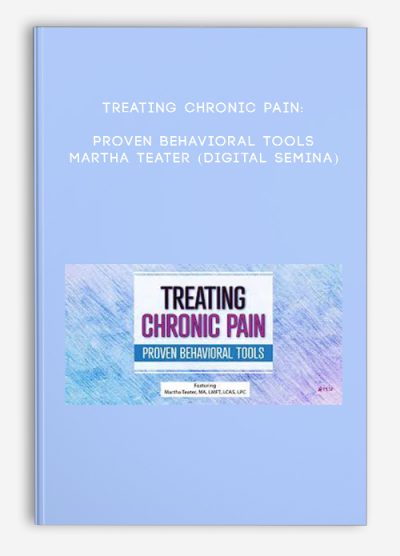
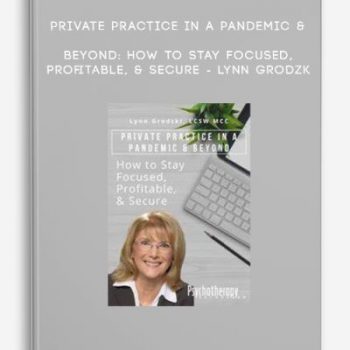
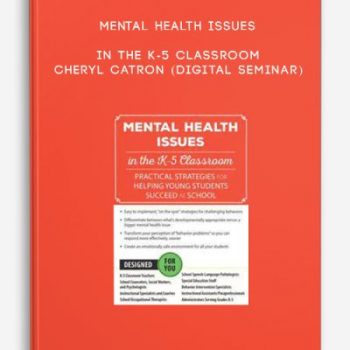
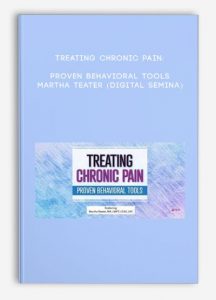

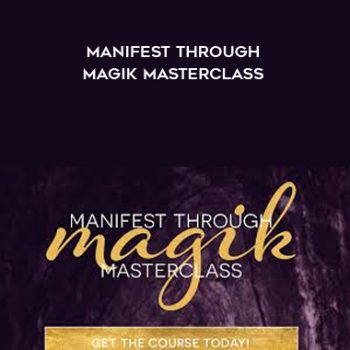
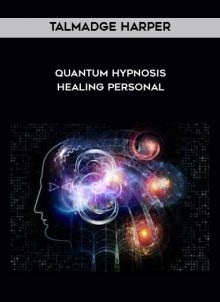
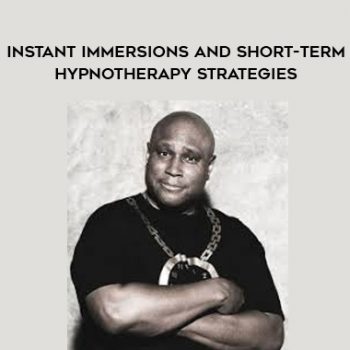
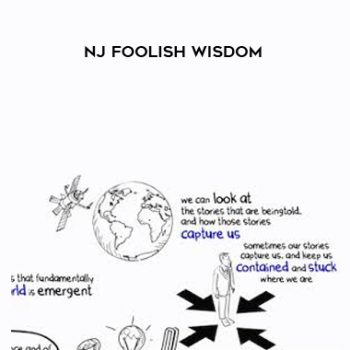

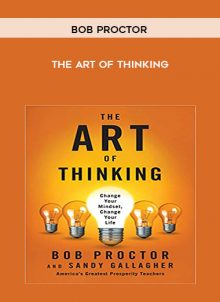
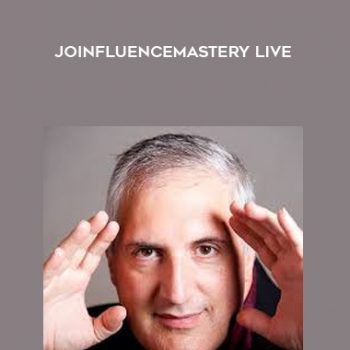
Lord –
This is Digital Download service, the course is available at Vincourse.com and Email download delivery.